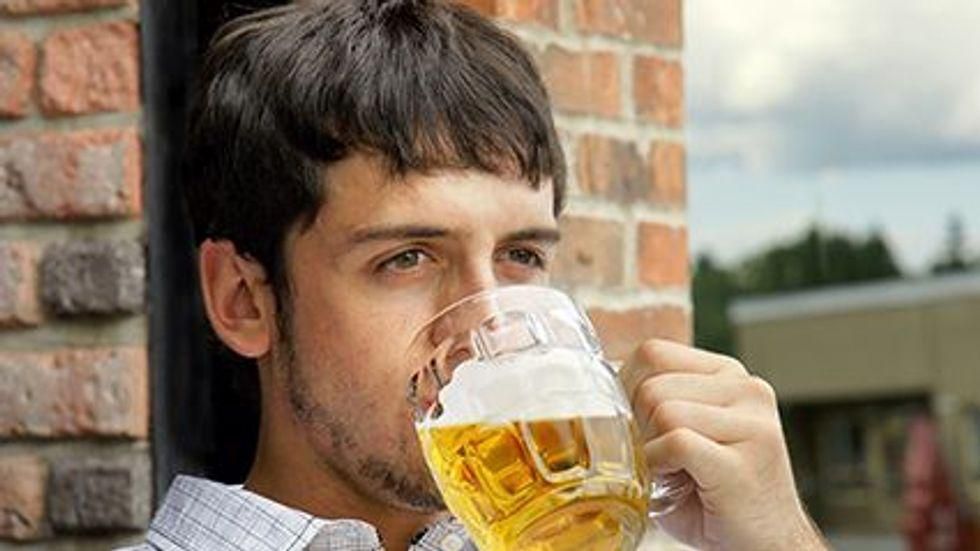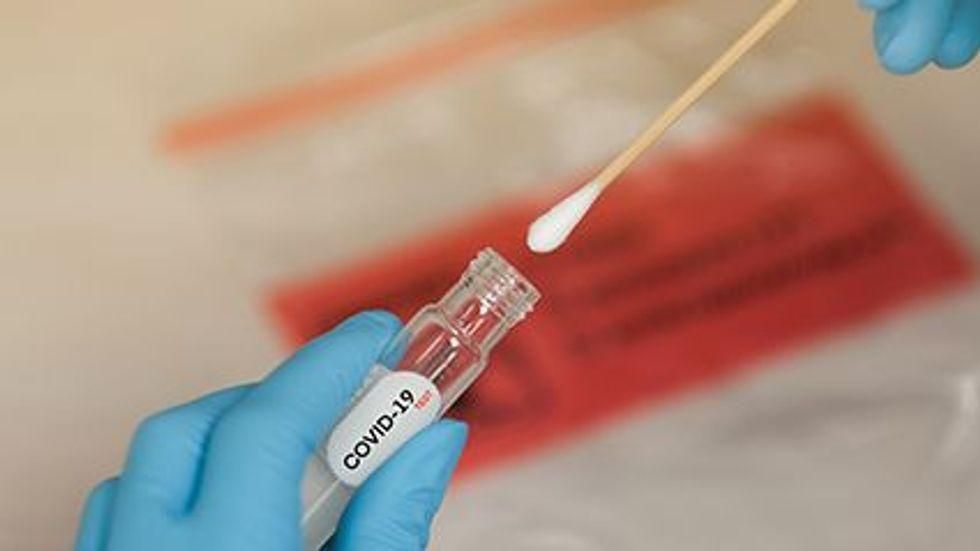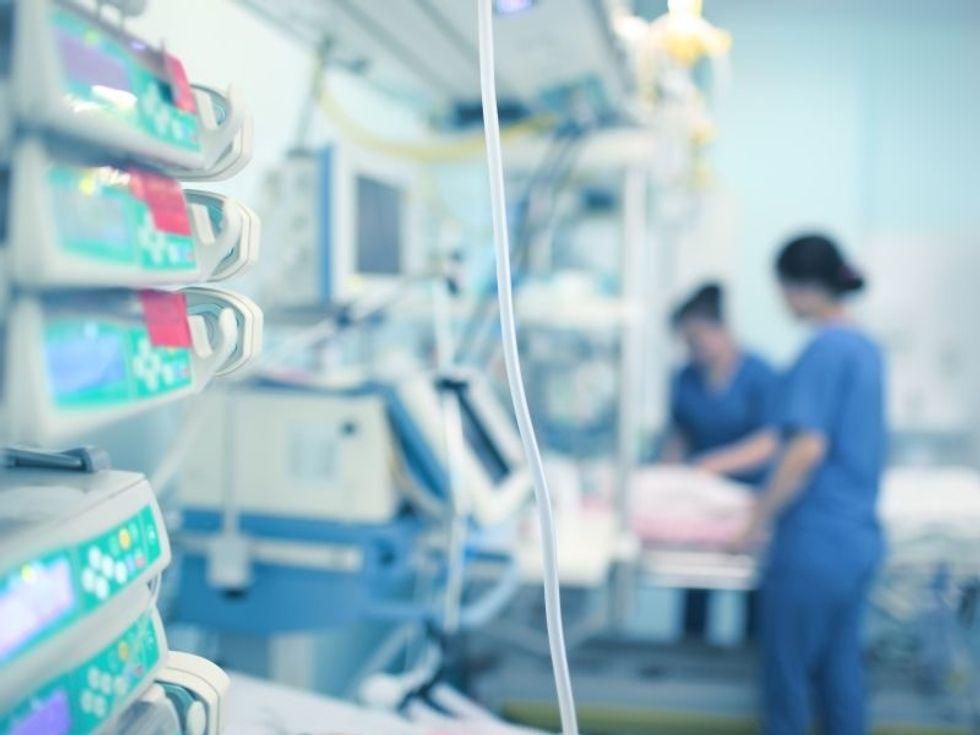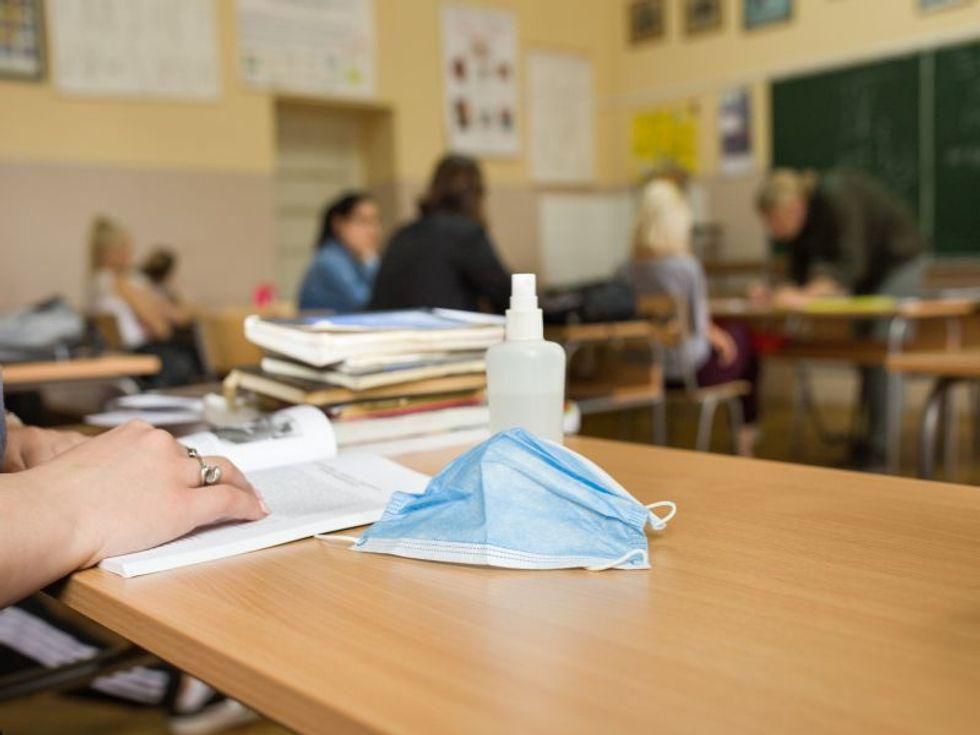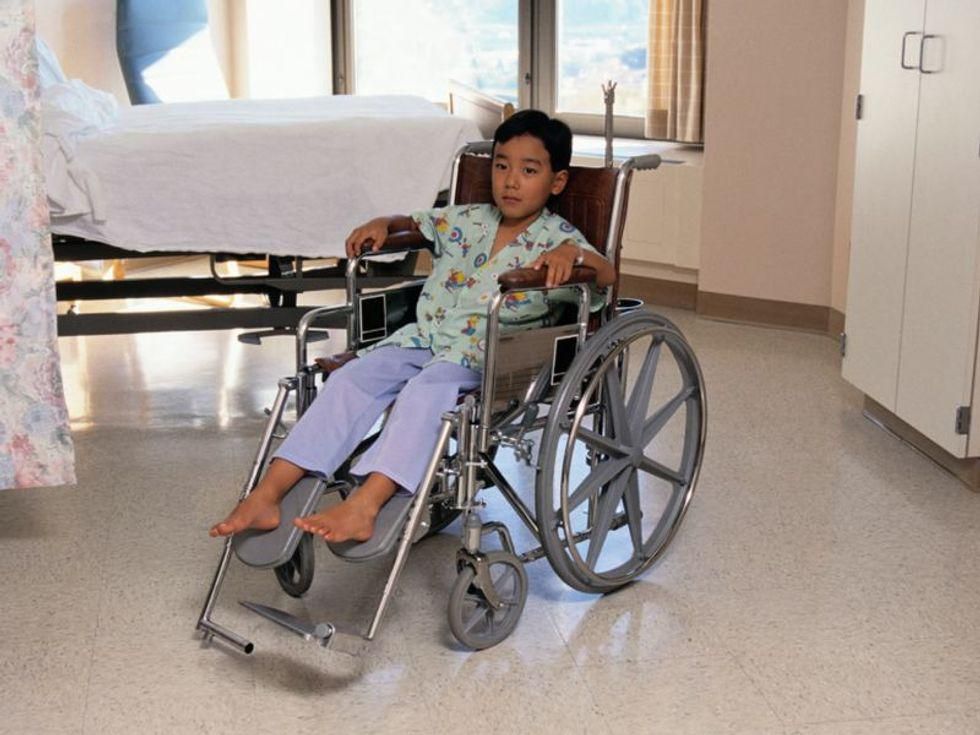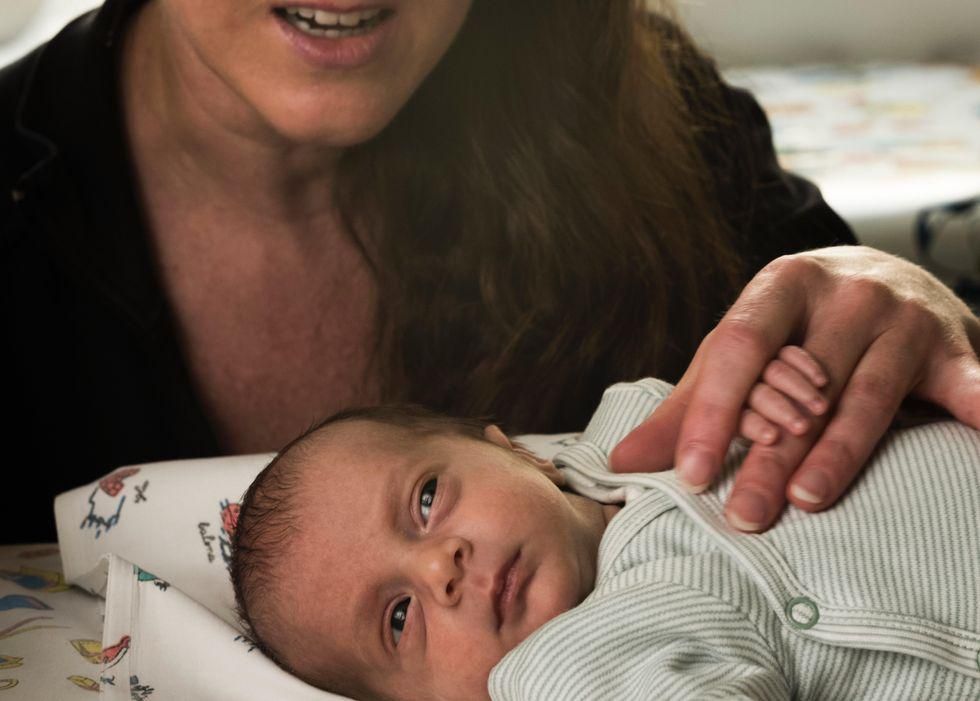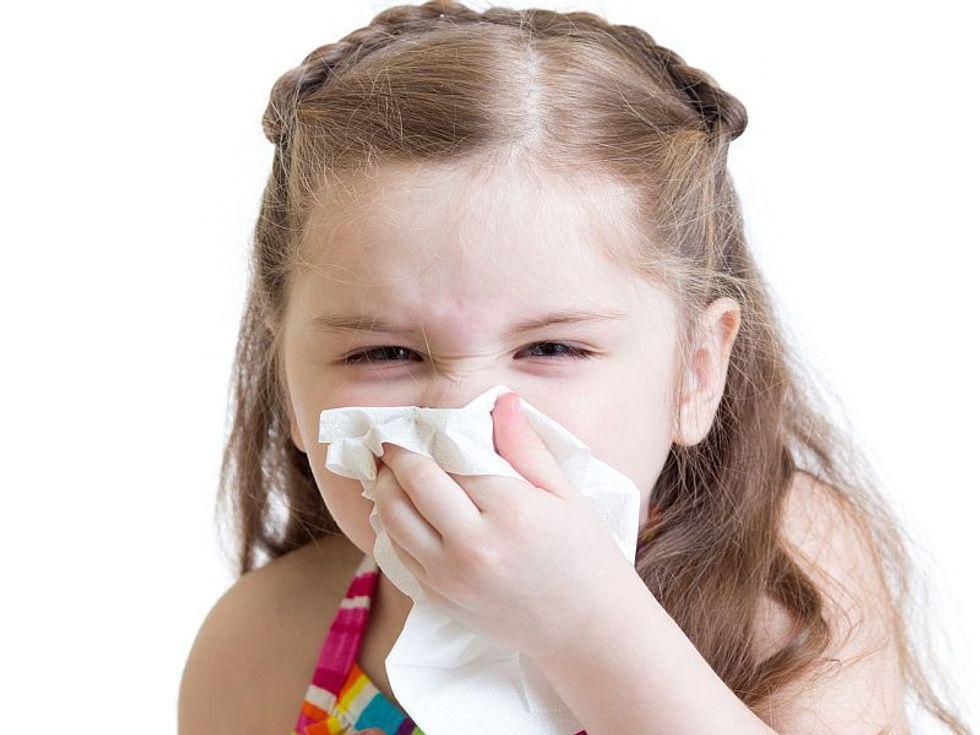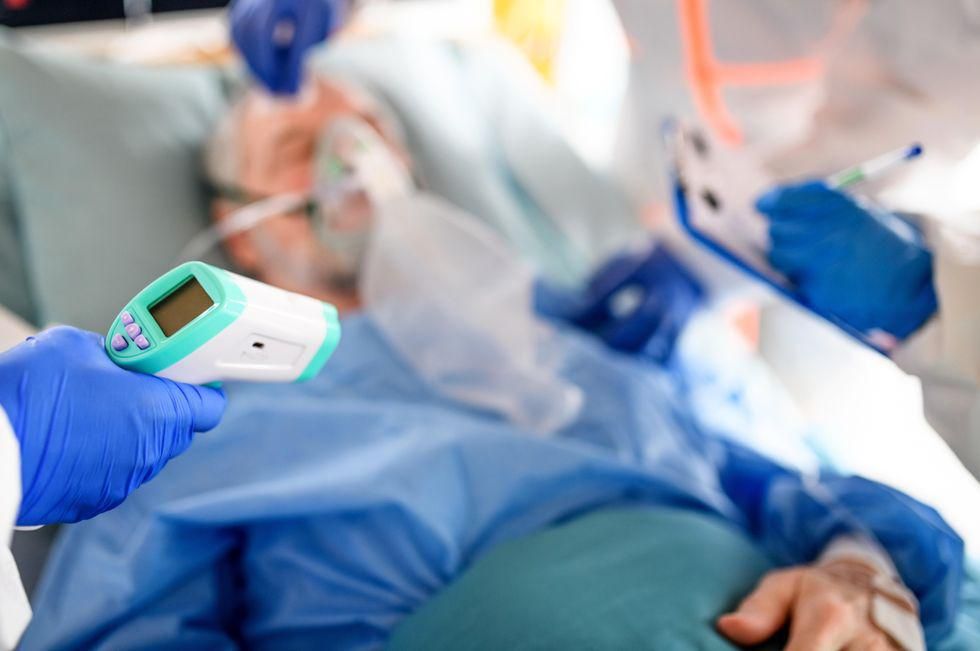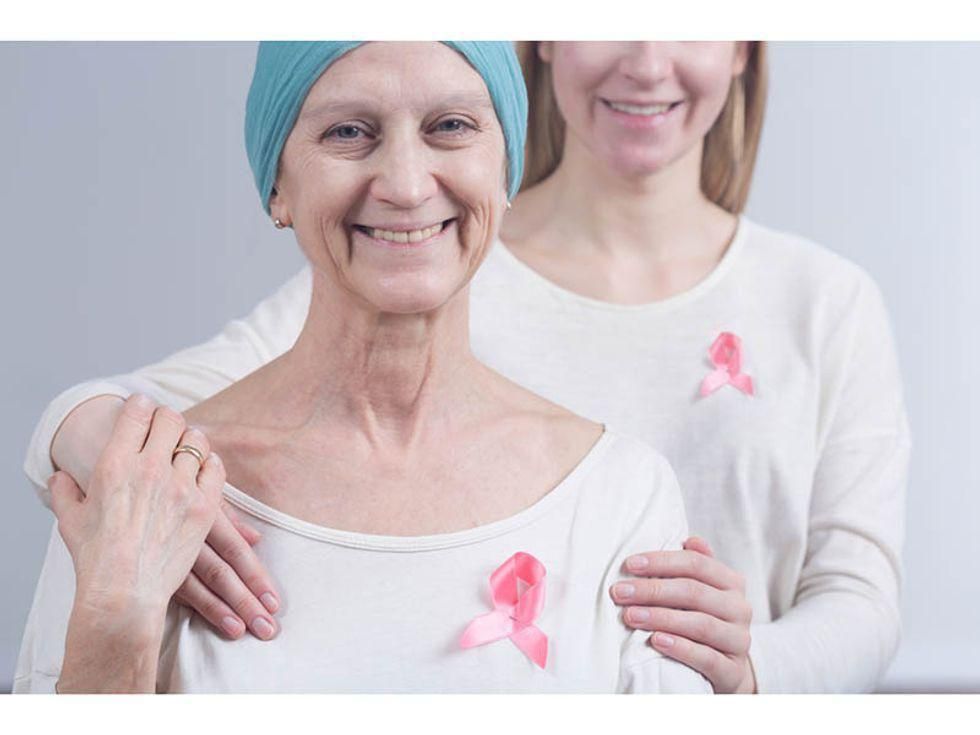
Many parts of the United States saw a significant drop in breast cancer screening of older low-income women during the COVID-19 pandemic, new research shows. The analysis of data from 32 community health centers that serve low-income people found that breast cancer screening for 50- to 74-year-old women dropped 8% between July 2019 and July… read on > read on >











